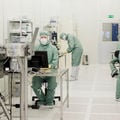Doctoral Programme Brain & Mind
The Doctoral Programme Brain & Mind (B&M) is a doctoral education network for students at the University of Helsinki and Aalto University whose thesis work relates to the study of brain and mind.
We aim at understanding system-level dynamic functions of the human brain, mind, and body. The research, enabled by state-of-the-art technology and computational methods, leads to discoveries and technological breakthroughs that contribute to health and wellbeing. We bring together systems and cognitive neuroscience, biophysics, and biomedical engineering.
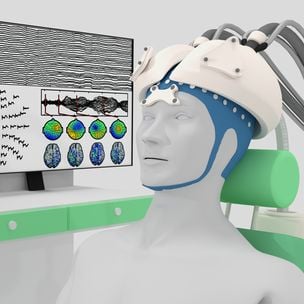
We focus on biomedical engineering, biophysics, and brain research. We combine experimental and computational methods and develop algorithms as well as new technologies to tackle major problems in human well-being and medical diagnostics. The levels of description range from molecular and cellular measures to noninvasive neuroimaging and behaviour. New generations of multidisciplinary scientists and engineers are educated by engaging them with cutting-edge science and technology.
The grand challenges in brain research are in better understanding the function of the human brain in health and disease, as studied in well-controlled and increasingly complex experimental settings, including during social interaction.
We study novel signal processing mechanisms and their adaptive dynamics at the synaptic and cellular-element level across the entire neural circuit of the retina.
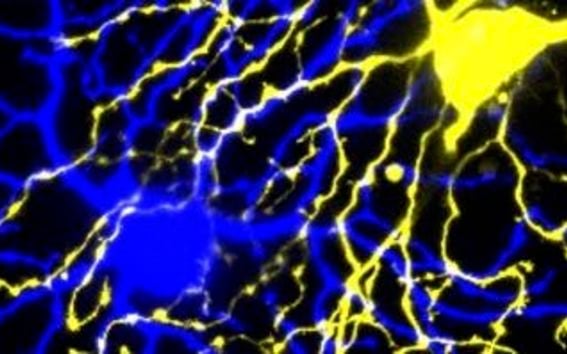
In the Attention and Memory group, we investigate the neural mechanisms underlying attention and memory and the development of executive functions in healthy children, adolescents and adults, and in children with neurodevelopmental disorders.
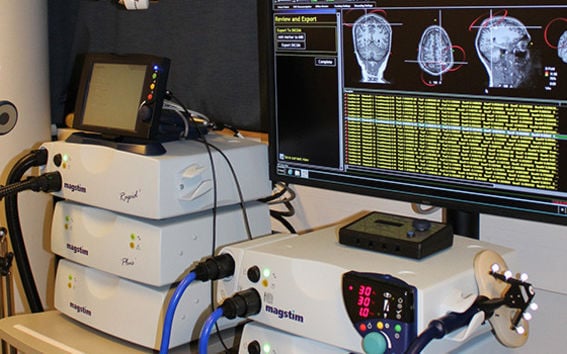
We study human cognitive, social, and affective functions in health and disorders.
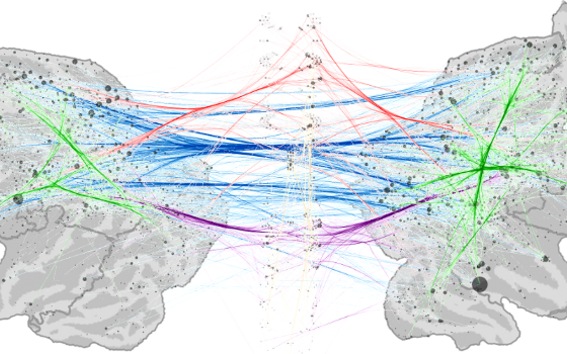
Our main interest is in the molecular mechanisms of photoreceptor signaling and increasingly in the mechanisms of neurodegeneration in certain retinal diseases.
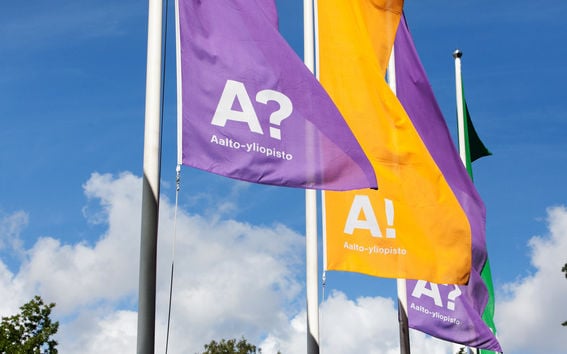
Empathy is a multifaceted and elusive phenomenon. Our multi-national lab investigates empathy at multiple levels.
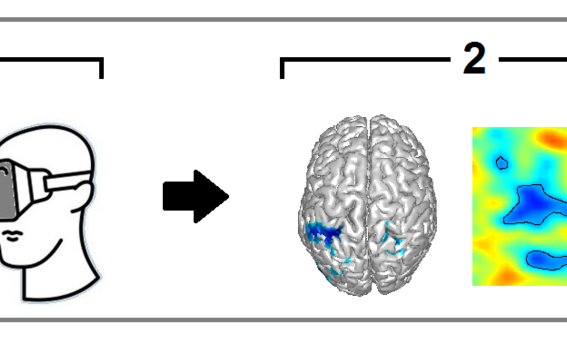
Our work aims at generating new insight on the physics and operation of photonic devices to improve their performance and to develop predictive physical models in close collaboration with experimentalists and enterprises.

Our group's work is necessary for a scientific description of language processing in a healthy human brain, but essential in providing the groundwork for an informed and efficient description and treatment of developmental and acquired language disorders.
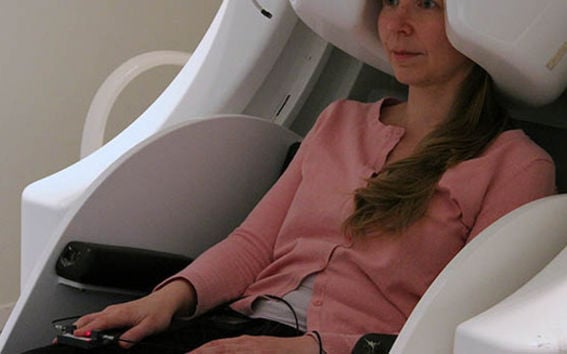
We develop AI tools for automatically analyzing medical imaging data.
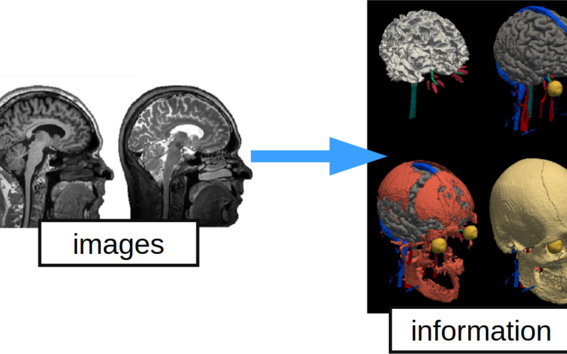
The main research goal of MEDUSA is to create novel technologies exploiting non-linear ultrasonics for therapeutic or diagnostic purposes.
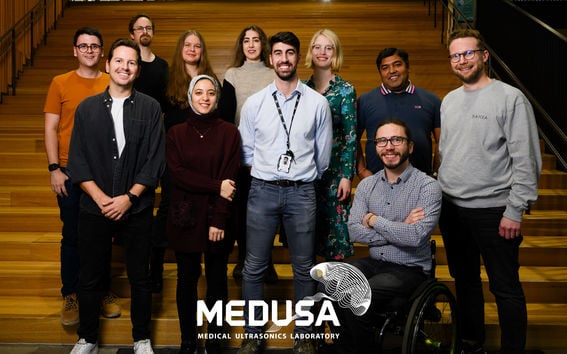
In the MEG-MRI group, we develop techniques and instrumentation for neuroscience and medicine, electromagnetic neuroimaging in particular.
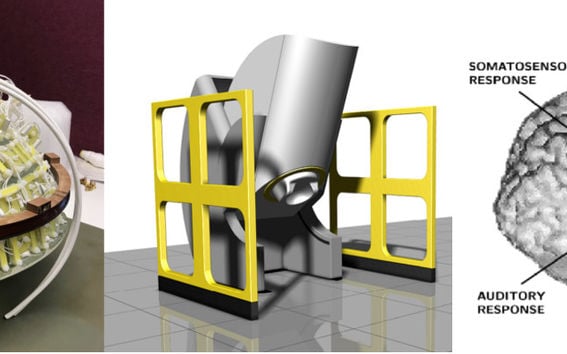
The Molecular Nanoengineering group operates at the interface between nanoscience, molecular self-assembly, DNA nanotechnology and nanoplasmonics with particular focus on DNA-based artificial molecular systems with functionalities tailored for biosensing, nanophotonics and biomimetics.
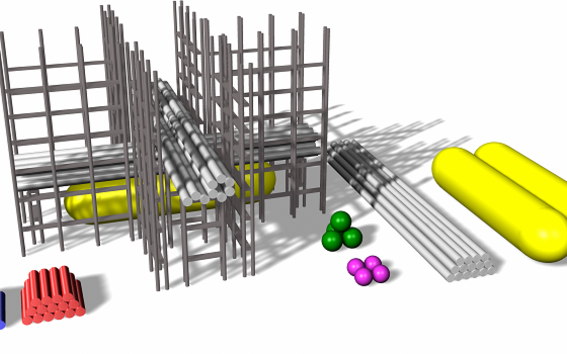
We study cognitive aging, and the structural and functional changes that take place in the brain as a consequence of normal aging and neurodegeneration. To do so, we combine functional measures from magnetoencephalography (MEG) and electroencephalography (EEG), with structural measures based on magnetic resonance imaging (MRI).
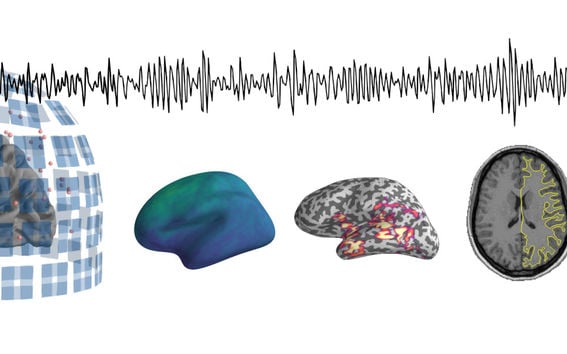
The near-infrared spectroscopy and imaging (NIRSI) group at NBE is developing frequency domain instrumentation for High-Density Diffuse Optical Tomography (HD-DOT) primarily for neuroimaging applications.

We work at the intersection of neuroscience and neurotechnology by developing novel measurement and analysis methods for studying human brain structure and function, as well as applying these methods to address important and challenging research questions in both basic and clinical neuroscience.
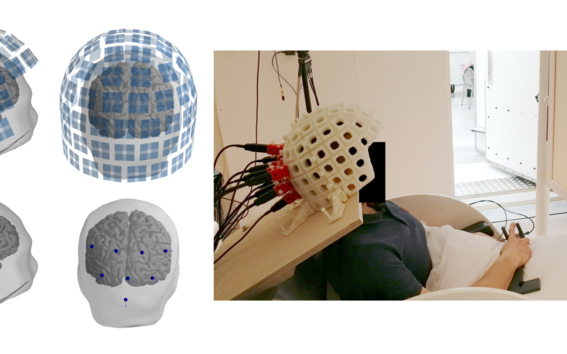
We study structure and function of the healthy and diseased human sensorimotor system.
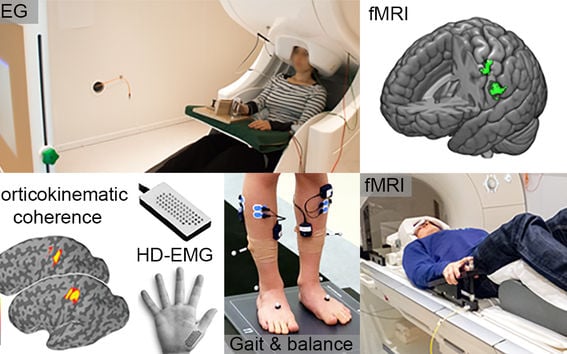
We work at the interface between physics, chemistry, and biology.

TMS group conducts research on three interconnected areas: the group carries out neurophysiological experiments and develops methods for TMS–EEG signal analysis as well as instrumentation for TMS.
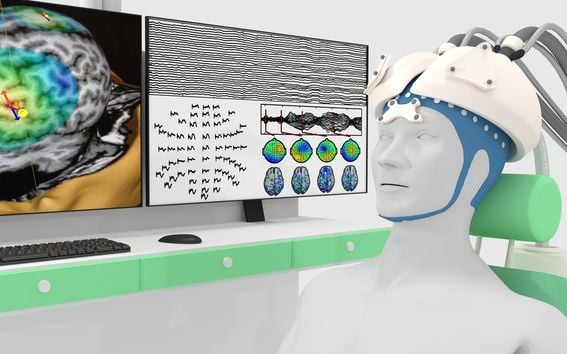
Salmi's Lab for naturalistic neuroscience, attention, and ADHD research
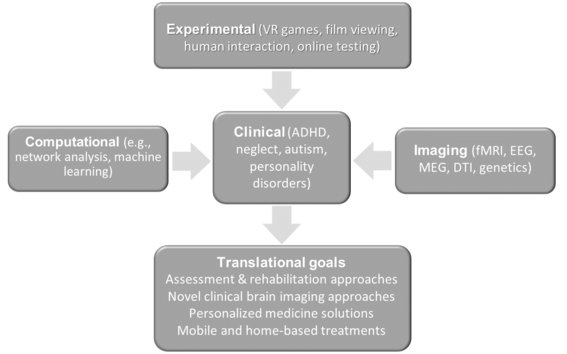
The Department of Neuroscience and Biomedical Engineering provides courses on Bachelor's, Master's and doctoral levels.
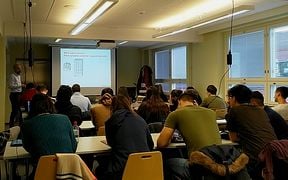
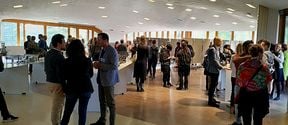
The Doctoral Programme Brain & Mind (B&M) is a doctoral education network for students at the University of Helsinki and Aalto University whose thesis work relates to the study of brain and mind.
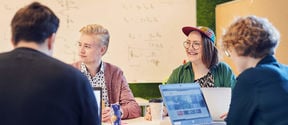
Courses taught at NBE listed in reverse chronological order (most recent first).
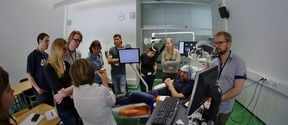
Summer schools, workshops and special courses taught at NBE listed in reverse chronological order (most recent first).
ANI research infrastructure houses three functional neuroimaging modalities, functional magnetic resonance imaging (fMRI) at Advanced Magnetic Imaging (AMI) Centre, magnetoencephalography (MEG) at MEG Core and Aalto Behavioral Laboratory (ABL).
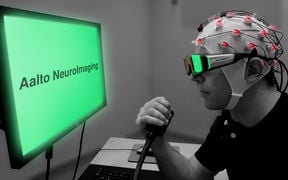
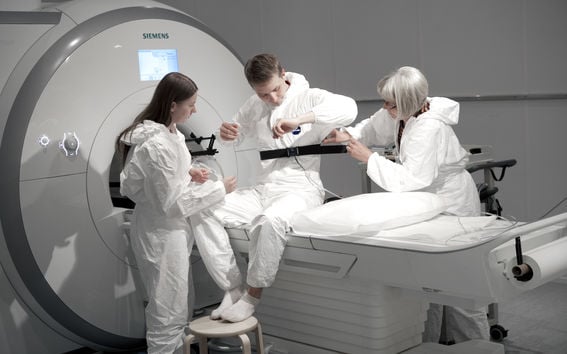
ABC is a neuroscience and neurotechnology initiative of the Aalto University. ABC is a thematic center, formed by research teams of several departments of the Aalto University School of Science (Aalto SCI), including the Department of Neuroscience and Biomedical Engineering. ABC aims to stimulate synergy and collaboration in research on systems-level neuroscience, neuroimaging, and neurotechnology.
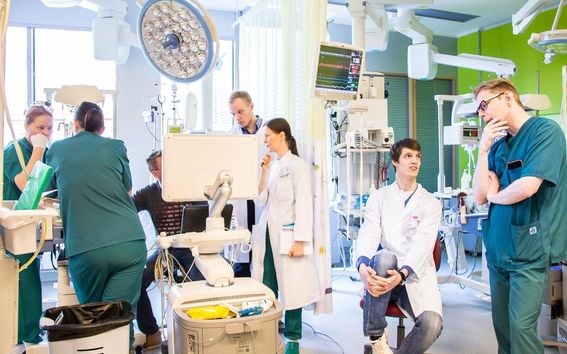
Biodesign Finland is a strategic initiative within the Aalto University School of Science, hosted by the Department of Neuroscience and Biomedical Engineering (NBE). Biodesign Finland is organized together with Aalto University, University of Helsinki, Helsinki University Hospital (HUS) and University of Oulu in collaboration with Metropolia University of Applied Sciences.
Biodesign Finland is a need-driven medical technology innovation and training program, which produces experts in health technology, solutions to healthcare, and new business.
Biodesign aims to offer the best starting point for creating medical technology for the benefit of the patient globally.








Department of Neuroscience and Biomedical Engineering
Aalto University School of Science
P.O. Box 12200
FI-00076 AALTO, Finland
Health Technology House
Rakentajanaukio 2 C
02150 Espoo, Finland
Magnethouse
Otakaari 5 I
02150 Espoo, Finland
Nanotalo building at Puumiehenkuja 2 has the MEG Core facility.
Tietotie 1A and Micronova at Tietotie 3 host Engineered Nanosystems group labs and offices.
Otakaari 3 & Rakentajanaukio 2
Otakaari 5 I
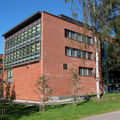
Puumiehenkuja 2
Tietotie 3
